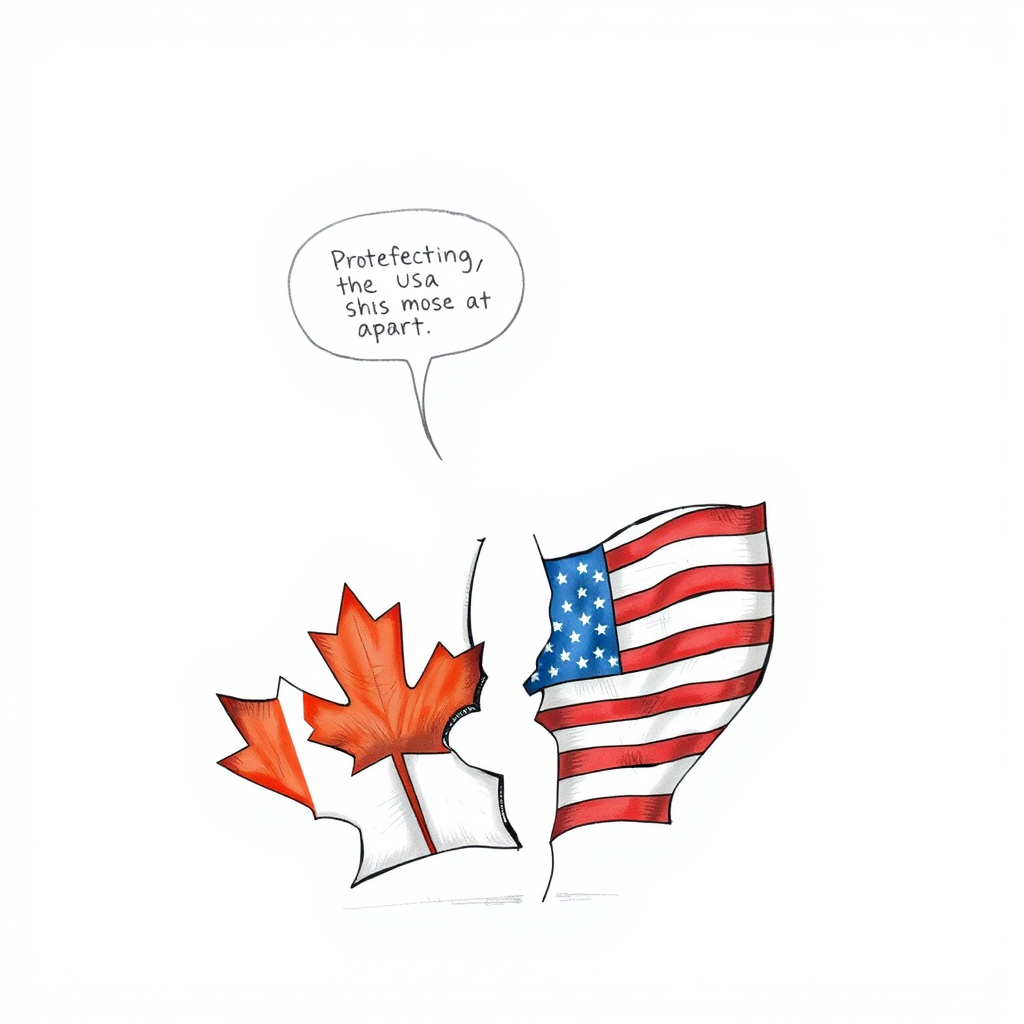Trump's Words: How They're Hurting US-Canada Ties

Former Canadian Foreign Minister Lloyd Axworthy recently discussed with NPR’s Scott Detrow the discernible effects of former President Trump’s communication style on the historically close relationship between the United States and Canada. The conversation, occurring just prior to Monday’s federal election in Canada, highlighted a growing concern that Trump’s often-nationalistic and protectionist rhetoric created significant friction, forcing Canada to proactively diversify its international partnerships and reassess its long-held assumptions about U.S. reliability. Axworthy suggested the shift wasn’t merely a reaction to specific policies – like tariffs or border disputes – but a broader response to a perceived change in the fundamental tone and predictability of U.S. foreign policy. This, he argued, prompted Canada to strengthen ties with nations beyond its traditional North American focus, a strategic adjustment likely to endure regardless of future U.S. administrations. The interview underscored a sentiment that Trump’s approach, while perhaps intended to renegotiate trade deals and assert American interests, inadvertently accelerated a subtle but significant distancing between the two countries, prompting Canada to prioritize its own economic and diplomatic independence. It’s a clear indication that even a historically strong alliance isn’t immune to the impacts of disruptive political communication and a shift in global power dynamics.